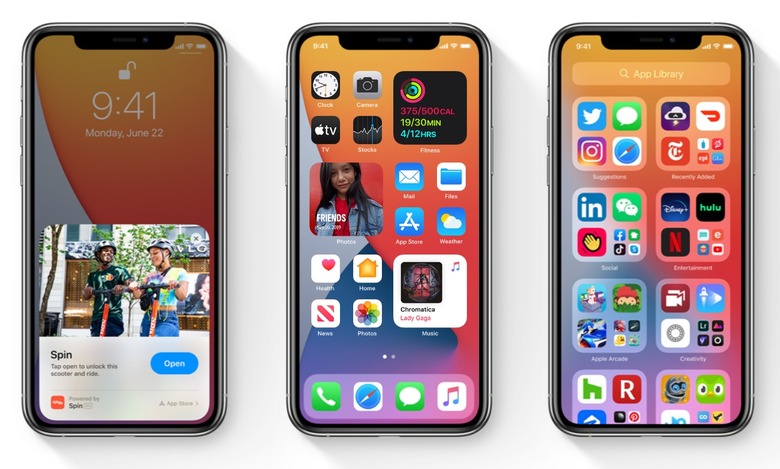iOS 14.5 Upgrades A Privacy Feature To Hide Your IP Address From Google
- iOS 14.5 will change a privacy feature in Safari that currently sends your IP address to Google while checking to see if a website you're visiting is fraudulent.
- In iOS 14.5, Apple will use a proxy with the "Fraudulent Website Warning" to ensure that your private information is not shared in the process.
- Apple's first beta release for iOS 14.5 is now available for developers and public beta testers.
You should always download the latest software updates for your phones, tablets, computers, and consoles to protect them from hackers, but that's just one reason to keep your devices up to date.
As iPhone and iPad owners know, Apple frequently adds worthwhile new features in even the smaller updates, which will certainly be the case in iOS 14.5. The first beta for iOS 14.5 rolled out at the beginning of the month, and although the highlight of the update is the ability to unlock your iPhone with your Apple Watch while wearing a face mask, iOS 14.5 also brings a new privacy feature to Apple's mobile devices that users will appreciate.
As MacRumors explains, Safari on iOS and iPadOS comes with a feature called "Fraudulent Website Warning" that warns you if the site that you are visiting is a suspected phishing website which might steal your passwords or credit card numbers. In order for this feature to work, "Safari may send information calculated from the website address to Google Safe Browsing to check if the website is fraudulent," as Apple explains on its website.
Although Google might not know which site you are trying to visit, it can collect your IP address during this process, which you might not want to happen. The good news is that this will no longer be possible as of iOS 14.5, as Safari will "proxy the service via Apple servers to limit the risk of information leak." Maciej Kujalowicz, the head of WebKit engineering at Apple, confirmed as much in a tweet last week responding to an article on the update:
This article is a bit confused on the details of how Safe Browsing works, but in the new iOS beta, Safari does indeed proxy the service via Apple servers to limit the risk of information leak.https://t.co/TlDZNMO8do
— Maciej Stachowiak 🇵🇱🇺🇦 (@othermaciej) February 11, 2021
This is one of many ways that the company has committed to improving user privacy in recent months. iOS 14 also introduces a new feature called App Tracking Transparency which forces apps and websites to ask your permission before they track your data across other companies' apps and sites. Unsurprisingly, companies that collect a lot of data (such as Facebook) were resistant to this change, but Apple has pressed forward with it regardless.
